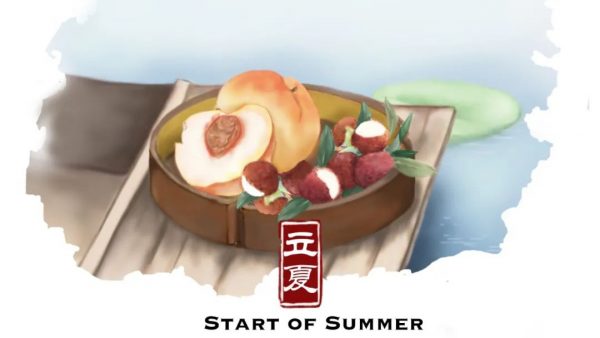
Tuesday the 5th of May marks Lixia (立夏), or the “Start of Summer” in English. It is the seventh solar term in the Chinese lunar calendar, with the sun moving to the celestial longitude of 45 degrees on this day. In Chinese, the character “li (立)” means “begin”, so Lixia is also the first solar term that kicks off the hot summer days in China.
This solar term was established at the end of the Warring States period (475BC–221BC). Chinese people usually regard Lixia as an important period from which the temperature rises and summer is upon, with more rain and thunder, and more abundant crops.
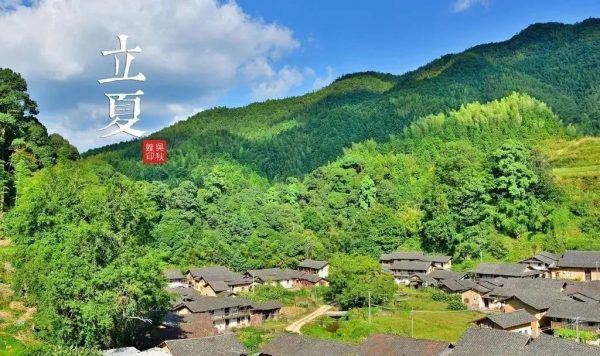
Below are excerpts from CGTN about the customs of the Lixia solar term.
Heading towards the prime of the year
Farmers in the southern part of China might be too busy to celebrate the arrival of the summer, as this is the best time of the year to plant the early rice. There are a bunch of ancient Chinese idioms warning people of the severe consequences that come for staying idle during this period of time.
It is also the season to pick tea leaves. The leaves grow so fast during this time that even being distracted for the blink of an eye, the tea would grow over-mature and too bitter.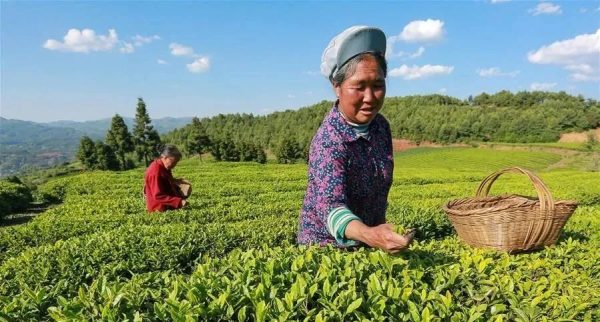
Celebrate with fresh tastes
Many Chinese areas have the tradition of eating three types of food: Cherry, green plum, and green wheat. But since there are so many types of fresh fruits and vegetables to choose from, what gets eaten varies across the country.
“Lixia meals” were also popular in ancient times, especially in the countryside. Chinese people cooked rice together with red beans, soybeans, black soybeans, mung beans and petits pois.
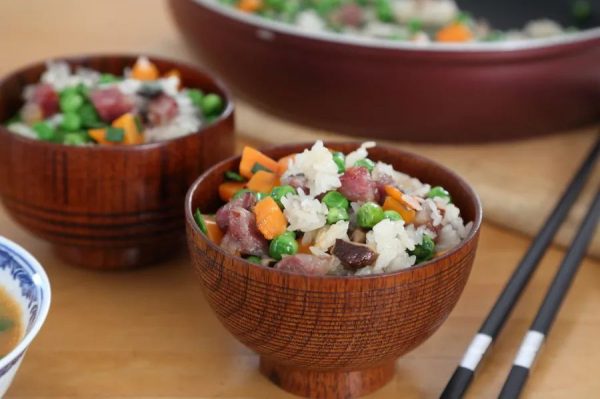
Icy summer traditions
The tradition of eating ice at the beginning of the summer has a long history in China. In ancient times, during Lixia, emperors would distribute ice to their ministers, and ordinary citizens would have icy drinks. But where did they get the ice from without refrigerators?
Ice would be cut from frozen rivers during the winter and placed in specially constructed basements. Covered with earth and sealed carefully, some of the ice would be preserved until the summer where it would be used in foods such as ice cream, which was a popular dessert in ancient China.
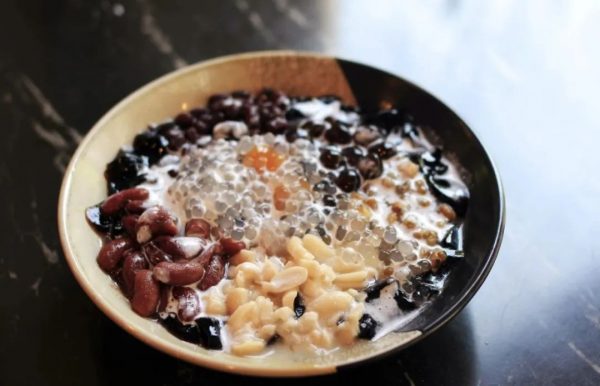
Other Lixia traditions include singing various folk songs, all with auspicious verses marking the event. People would weigh themselves on Lixia and then weigh themselves again when the summer passed, to see how many pounds they lost during the scorching season.
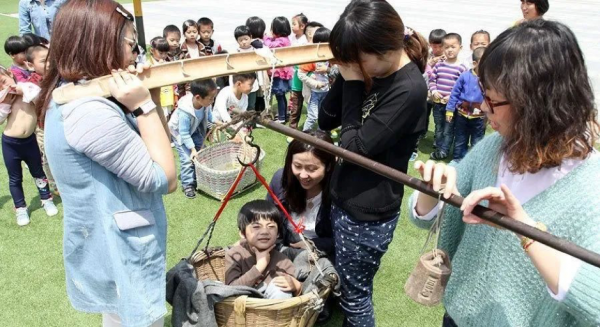
Source:
https://news.cgtn.com/news/3d3d414d30636a4d77457a6333566d54/index.html













